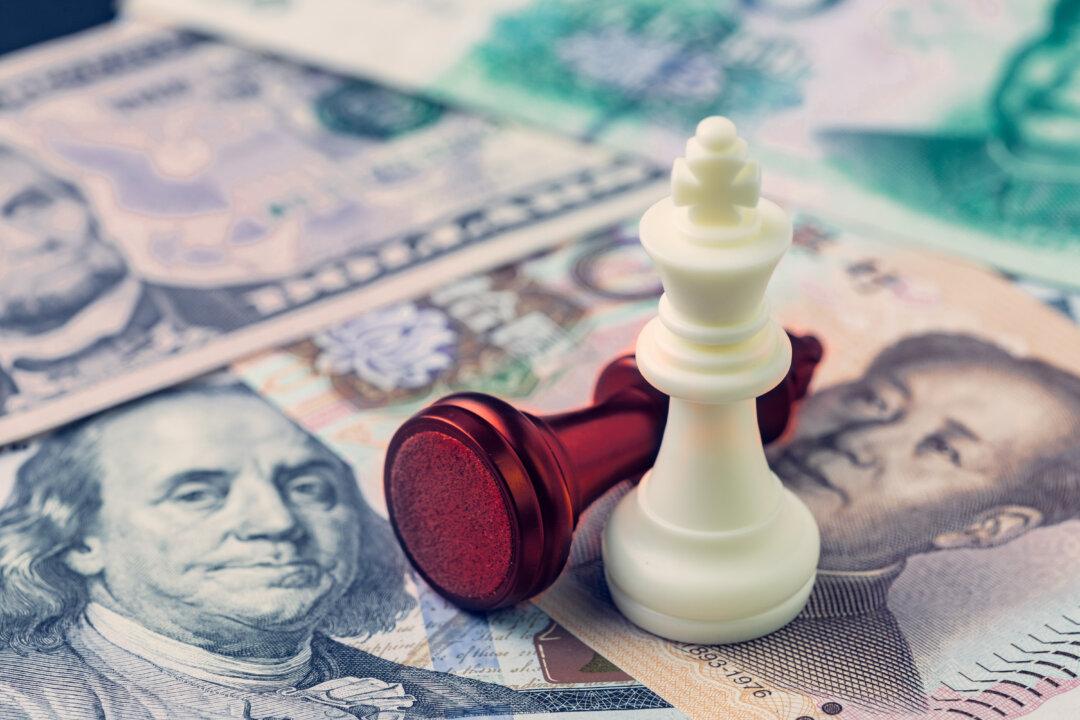Everybody knows what goes on in the world’s second-largest economy influences everything from supply chains to the U.S. stock markets. But few people understand just how the peculiar combination of a command economy and free markets works, let alone how changes in the Middle Kingdom impact the rest of the world.
At first, not many people paid attention to the economic miracle after China joined the World Trade Organization (WTO). Then everybody thought the economic miracle would go on forever. It did not. Later in the mid-2010s, many people thought the Chinese system would collapse completely. It did not.





